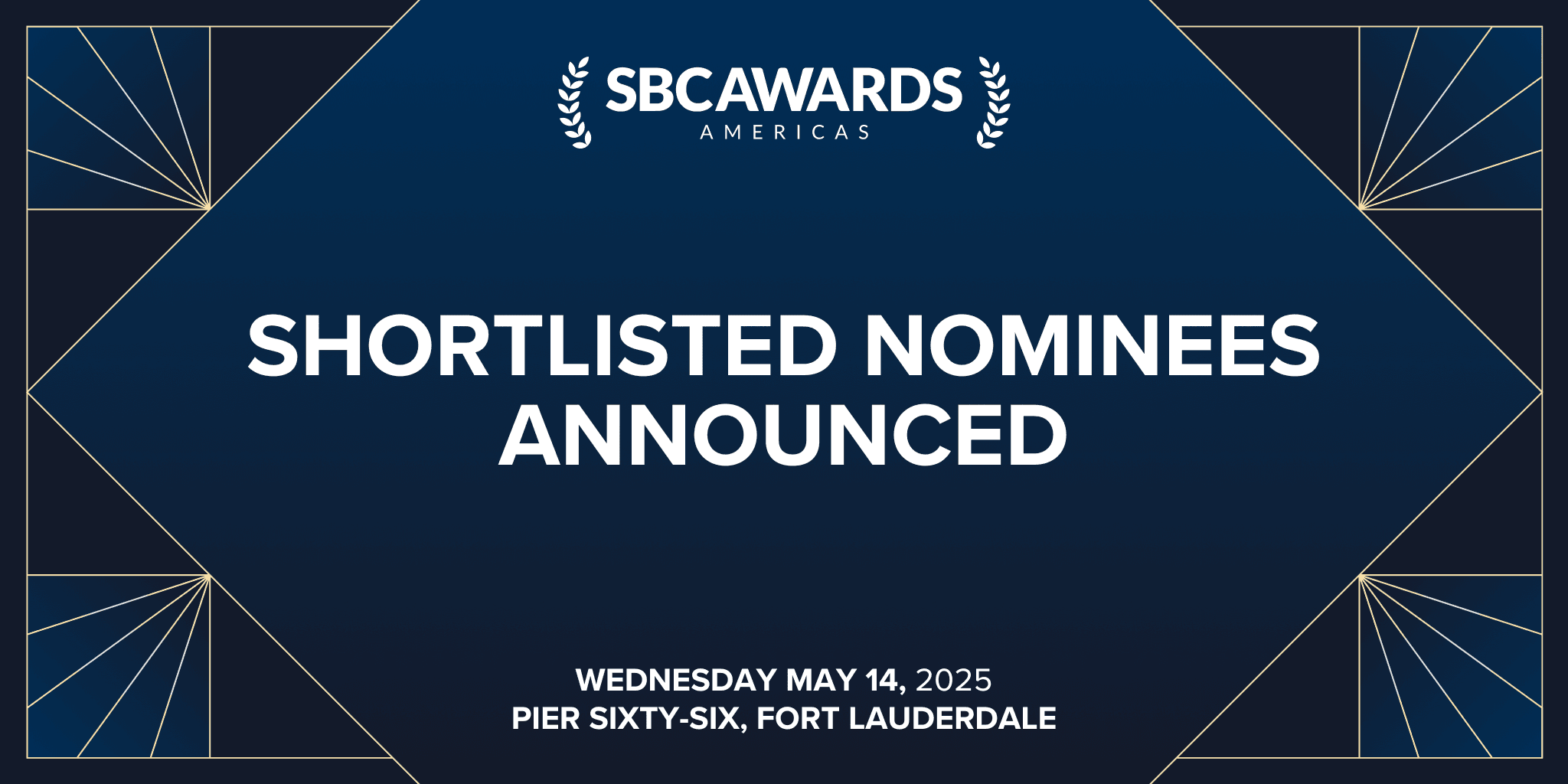Pressure On Irish Government Over Gambling Laws
Share This Tags The Gaelic Athletic Association (GAA) is urging the Irish government to reconsider a proposed gambling law that could have negative consequences for the organization’s fundraising efforts. GAA Director General, Tom Ryan, has described the measure as “insufficient and unworkable,” arguing that it will impact the ability of GAA clubs to raise money.
The Gaelic Athletic Association (GAA) is urging the Irish government to reconsider a proposed gambling law that could have negative consequences for the organization’s fundraising efforts. GAA Director General, Tom Ryan, has described the measure as “insufficient and unworkable,” arguing that it will impact the ability of GAA clubs to raise money.
The government’s proposed Gambling Regulation Bill includes a ban on broadcast betting advertising between 5:30 am and 9 pm. This ban has raised concerns among the GAA, as it could hinder their ability to generate funds for club activities. In a letter addressed to county organizations, Tom Ryan emphasized the seriousness of the proposed legislation’s impact on long-established and essential GAA fundraising.
To address these concerns, GAA executives are urging Members of Parliament (TDs) to take action. They are requesting TDs to support an amendment put forward by Deputy Catherine Murphy, which would exempt not-for-profit organizations and charities from the advertising ban. By highlighting the potential consequences for sports and charity fundraising, the GAA hopes to influence the outcome of the debate.
The GAA, along with the Federation of Irish Sport and Charities Institute of Ireland, has expressed concerns that the proposed ban will severely impact their ability to raise funds through club lotteries and online raffles. These fundraising activities often offer attractive prizes such as houses, cars, and other valuable gifts. The GAA and other organizations have called on the government to reconsider the legislation, requesting that recognized and funded organizations be exempt from the advertising ban.
Despite these concerns being raised, the government has only proposed a limited amendment to the bill. This amendment would exempt draws or lotteries with a total prize value of not more than €10,000 from the advertising restriction. However, the GAA believes that this amendment falls short and does not adequately address their concerns. They are sceptical that further changes will be made or that the bill will be returned to the committee stage as requested by the opposition.
If the Dáil (Irish Parliament) concludes its debate on the proposed gambling law, the bill will proceed to the Seanad (Irish Senate) for further discussion. The GAA intends to continue highlighting their concerns during this stage of the legislative process. They hope to secure amendments that will safeguard their ability to raise funds for club activities through various fundraising initiatives.
The Gambling Regulation Bill aims to introduce a new regulator, reform licensing procedures, enhance consumer rights, and establish a fund to support problem gamblers. While these objectives are important, the GAA and other organizations believe that the legislation should not impede their ability to raise funds for grassroots sports and charitable causes.
The GAA’s efforts to pressure the government on the gambling law rely on the support of TDs. By encouraging county executives to engage with their respective TDs and emphasize the negative impact of the proposed legislation, the GAA hopes to influence the final outcome. Deputy Catherine Murphy’s amendment, which seeks to exempt not-for-profit organizations and charities from the advertising ban, will be a focal point of the debate.
The GAA is not alone in its fight against the proposed gambling law. The Federation of Irish Sport and Charities Institute of Ireland have also voiced their concerns and called for amendments to protect sports and charity fundraising. By working together, these organizations aim to present a united front and increase the likelihood of their voices being heard.
Fundraising plays a crucial role in supporting GAA clubs across Ireland. These funds are essential for maintaining facilities, providing equipment, and supporting various initiatives within the community. The GAA considers fundraising activities as an integral part of their operations, enabling them to fulfill their mission of promoting and developing Gaelic games.
If the proposed gambling law is enacted without amendments to accommodate sports and charity fundraising, it could have far-reaching consequences for grassroots sports. Funding cuts resulting from the advertising ban may affect the development of sporting talent, the maintenance of facilities, and the overall growth of Gaelic games at the community level.
To ensure that the concerns of the GAA and other organizations are taken into account, public support is crucial. Members of the public who value grassroots sports and the work of charities can play a role by contacting their local TDs and expressing their concerns about the potential impact of the proposed gambling law. By raising awareness and generating public support, they can contribute to a more favourable outcome for sports and charity fundraising.



 2024-05-03
2024-05-03














